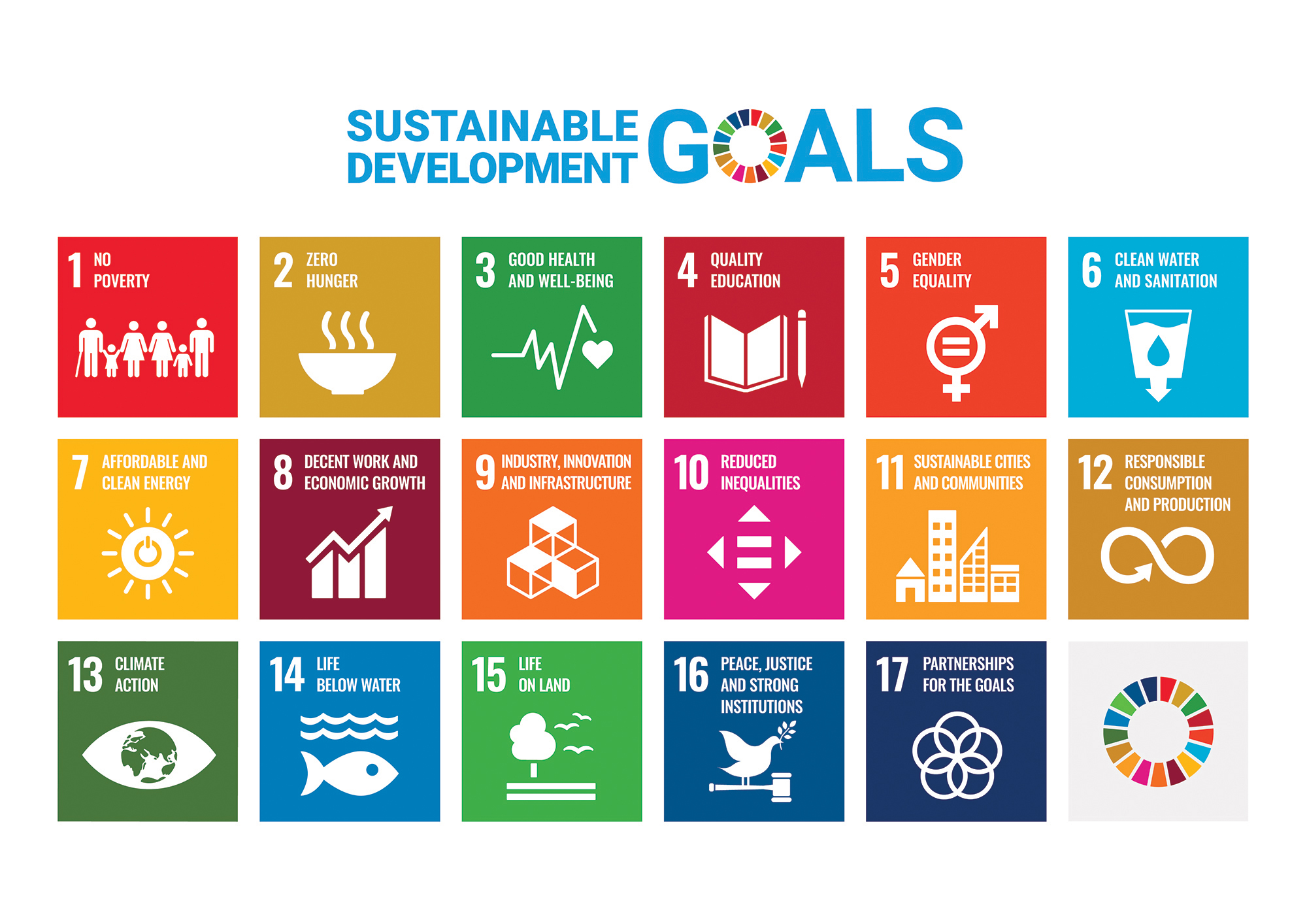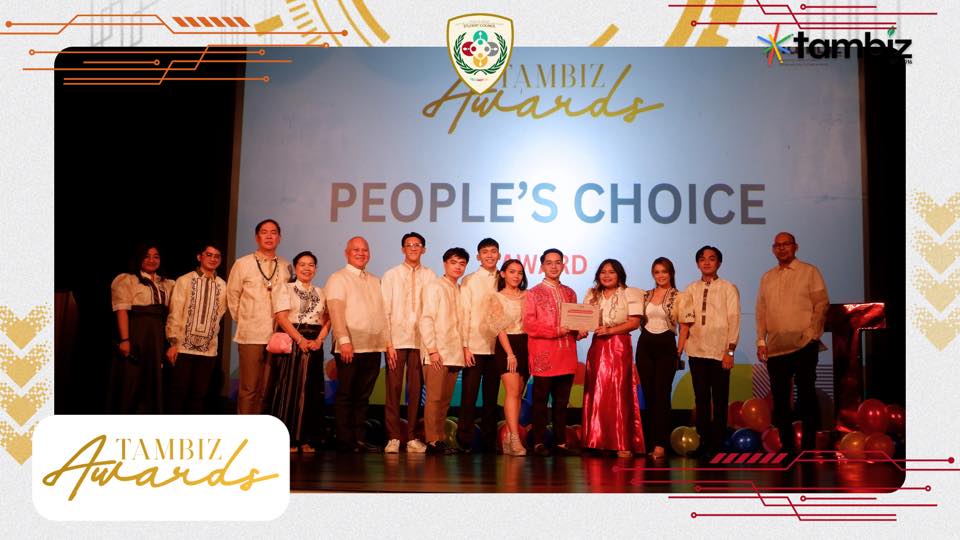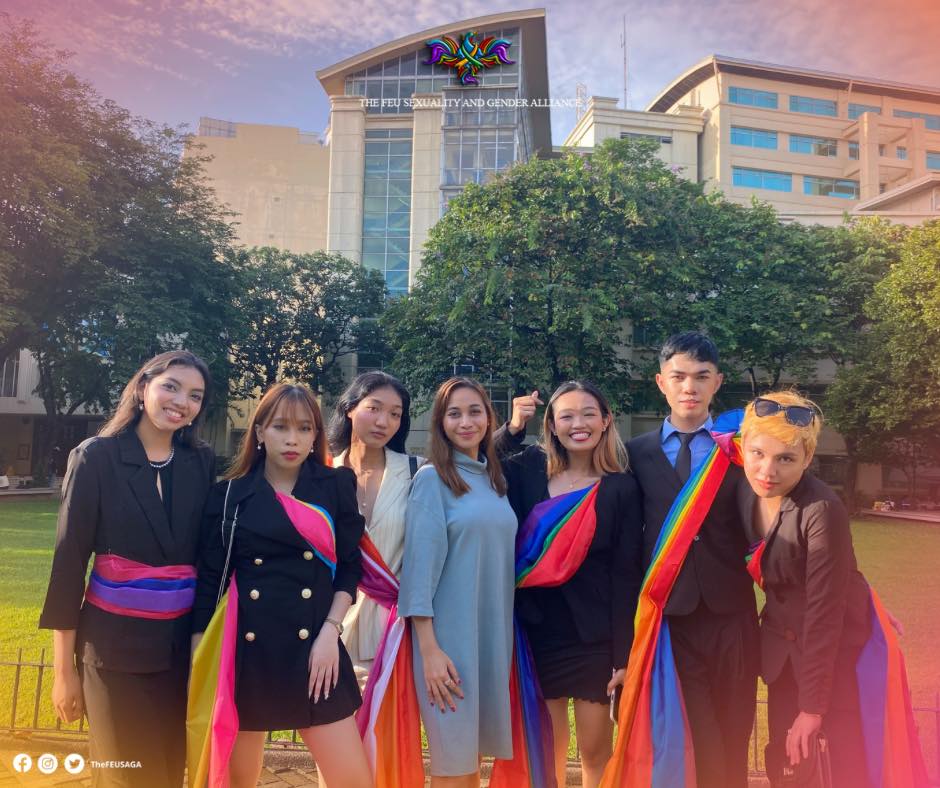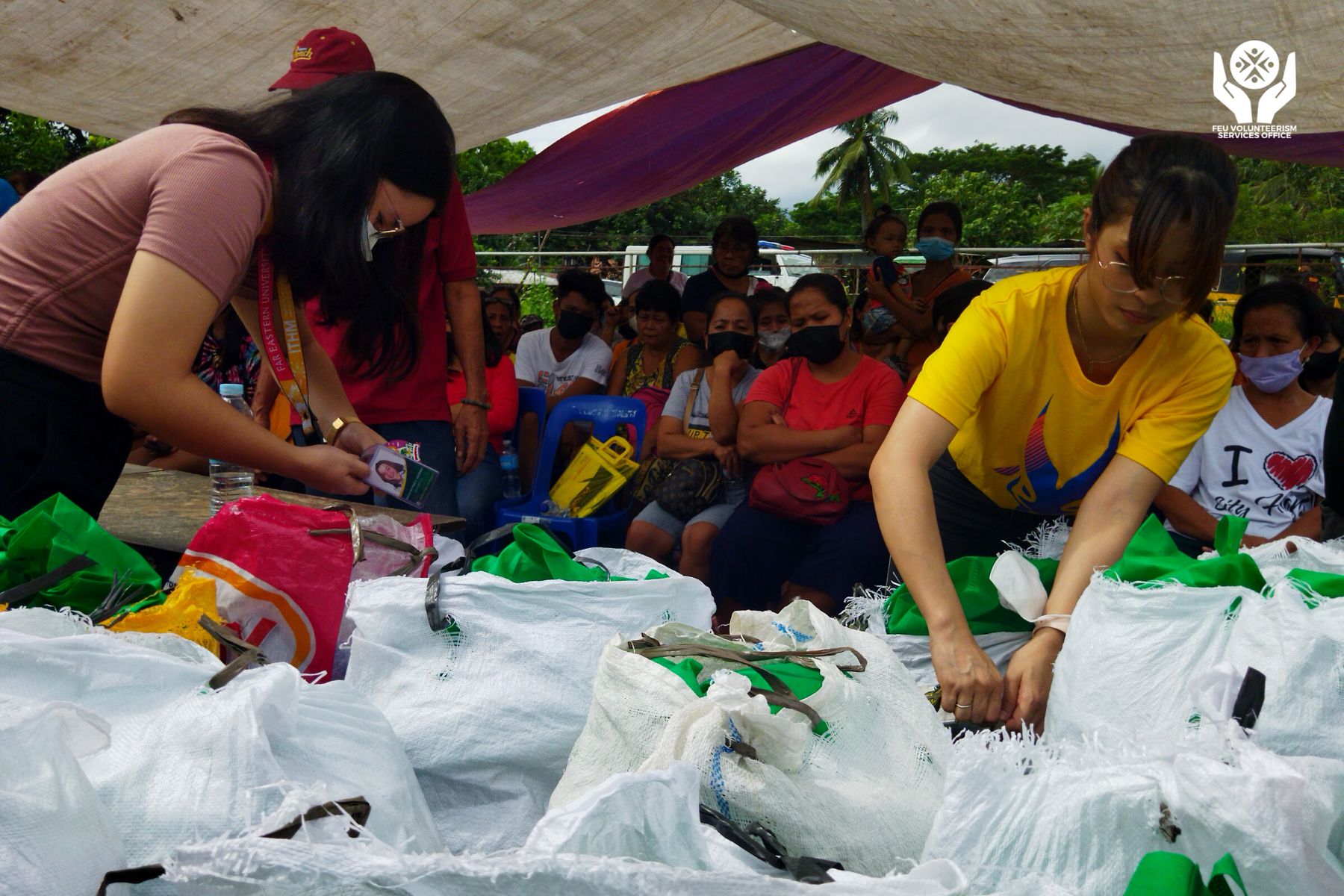FEU initiated programs to improve efficiency in its operations as early as 2015. With support
of the Board, Management was mandated to look for up-to-date technologies that promote efficiency and realize savings.
In terms of utilities, power is the core cost of operations, particularly air-conditioning. Thus, energy
efficiency was identified as a priority. The installation of centralized district cooling systems was piloted in 3 of the 12 buildings on campus. This yielded positive results in terms of energy efficiency that significantly reduced energy consumption by 35%. To date, 8 of 12 buildings have this system to be expanded to all buildings by 2023.
Diversification of power from clean and renewable sources as prescribed by the EPIRA law was also pursued. A deal with First Gen was executed from 2017 to present and 50% of our power requirements are coming now from clean and renewable sources.

It is also worth noting that other subsidiary campuses like Rodriquez have installed solar panels and
Marikina is scheduled for installation of such panels in 2023. Parallel initiatives were put in place to recycle water, reduce waste, and enhance operational protocols for efficiency through reduced consumption and generation of waste.
With the advent of the United Nations 17 Sustainable Development Goals, Environment, Social and Governance or ESG was adopted as a benchmark for FEU to embark on an integrated approach towards sustainability.
•Goal #4 Quality Education – main focus being an educational institution and since quality education is the primordial contribution among the 17 Goals of the United Nations 2030 Sustainability
•Goal#13 Climate Action – efforts of the university to reduce its carbon footprint has gained and has not only managed to reduce carbon emissions but has also yielded positive results in reducing its operational costs in the long run.
Sustainability through Education
FEU aspires to be the educational institution on sustainability, incorporating ESG principles for a safe and
inclusive work and study place for all through its initiatives, activities, and policies.
1. Establishment of Gender and Development Desks compliant with the laws on equality and antidiscrimination and a policy on Diversity and Inclusion.
2. Outreach activities providing opportunities and support to the marginalized through the Volunteerism
Services Office and the Nicanor Reyes Memorial Foundation Inc.
3. Biodiversity conservation through participation in the annual population survey of the highly endangered Tamaraws, and support for the Tau Buid communities in Mt Iglit Baco National Park, Mindoro.
4. Stewardship and habitat protection of a 24-hectare lowland forest in Teresa, Rizal through its subsidiary FEU-Roosevelt.
FEU, furthermore, desires to produce graduates who can be sustainability champions and who can learn life skills in their respective fields of specialization. A holistic approach to integrate sustainability principles in existing courses is being done.
The faculty across institutes have been creative and innovative in honing the necessary skills of the students for this through applied methodologies on sustainability. To name a few:
• TAMBIZ, a business innovation platform for future entrepreneurs which will incorporate SDGs in business plans
• SIKAT or Sustainable Innovation & Knowledge Application in Tourism, a program in partnership with the LPU Batangas and the University of Alicante in Spain
The faculty continued to excel with two (2) FEU-ITHM faculty, Dr. Chrisdie FloresTongol, and Dr. Joy Sheelah B. Era as recipients of the CHED-Sustainable Knowledge Application in Tourism (SIKAT) program scholarship from May 2021 to May 2022; a project in partnership with LPU Batangas and the University of Alicante, Spain.




Sustainability through Efficiency and Mitigation
The university has adopted measures that will reduce the vulnerability of its facilities, of property, and of assets against extreme climate events and geohazards. Risk maps of all campuses generated sound risk management, planning, and mitigation.

FEU has continually invested in and utilized newer and efficient technologies to reduce energy consumption and subsequently lessen carbon footprint in its operations. For Fiscal Year 2021-2022, the following are highlights of the sustainability efforts:
1. Realized 1.2M KWh in energy consumption through the following initiatives:
• Expansion of the district cooling system to 8 out of 12 buildings on campus
• Continuous replacement of existing CFL lighting fixtures to LED
• Application of sound building management protocols to reduce power consumption
2. Used up to 5,403 cubic meters of water equivalent to 7.7% of total water consumed by recycling water through condensate and water harvesting
3. Worked for certification of sustainable building through operations and design of building. As such, the Administration building is being considered for certification under the Edge Certification of the International Finance Corporation. The aim is for the Administration Building to be certified Edge Silver, which means classified as operationally efficient by 20%, according to industry standards.

Sustainability through Partnerships
FEU’s sustainability journey is also founded on partnership and collaboration. The gains that the programs have achieved thus far have succeeded because of the support of our partner host communities, local Government Units, civil society organizations, suppliers, and multilateral institutions, among others.
Overall, the mainstreaming of sustainability and ESG as part of its mandate, programs and activities have contributed to 11 of the 17 Sustainable Development Goals, which are : #3 Good Health and Well Being, #4 Quality Education, # 5 Gender Equality, #6 Clean Water & Sanitation; Affordable & Clean Energy, #8 Decent Work & Economic Growth, #12 Responsible Production & Consumption, #13 Climate Action, #15 Life on Land and #17 Partnership Goals.